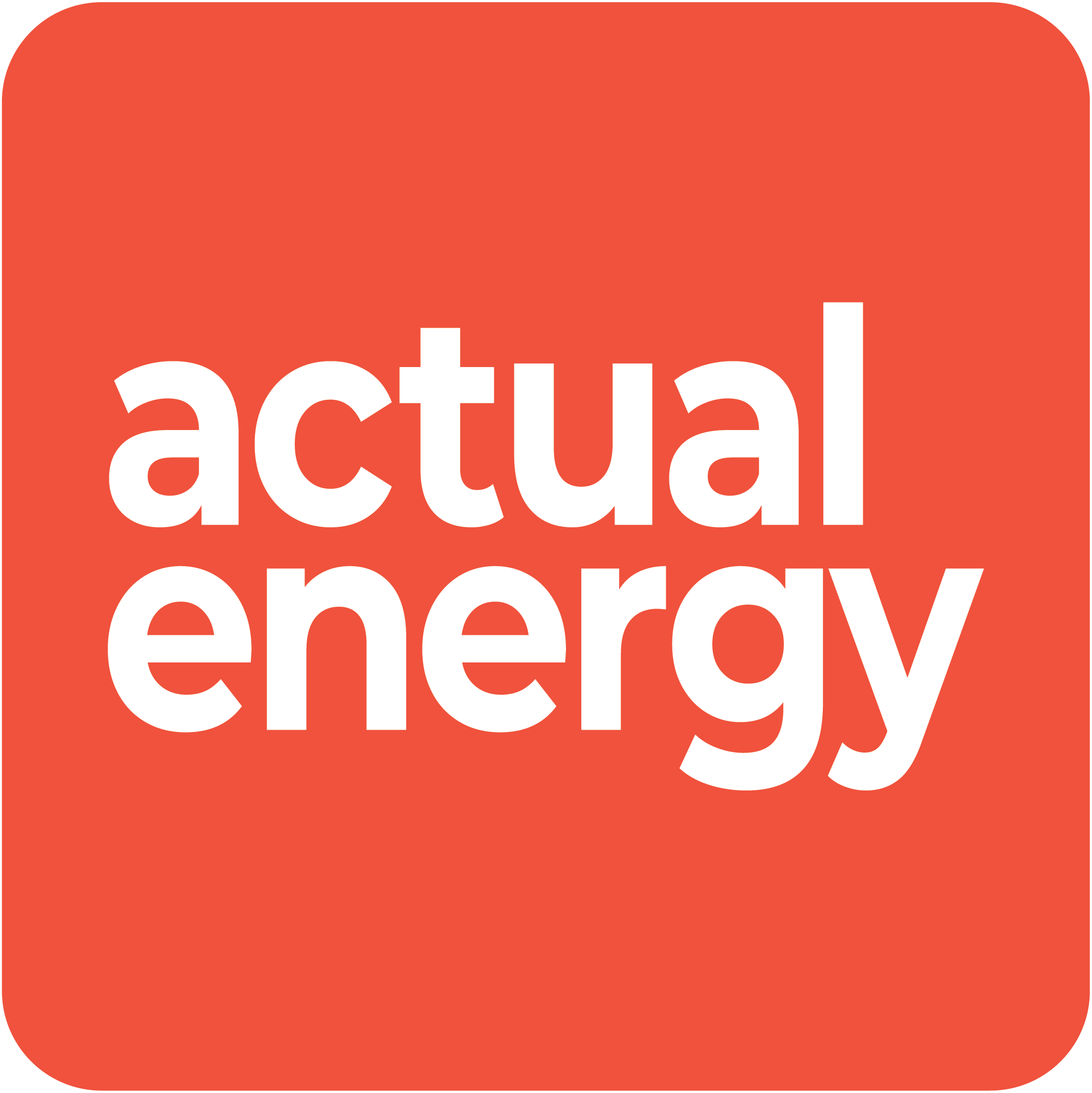After discussions with customers and the review of numerous utility and energy supply bills, we have found that many consumers do not have a working knowledge of their contractual obligations and the components of their electric bills. Furthermore, we have found that many are unfamiliar with the energy market here in New England and how our market is different than many others across the United States. As a result, we put together some questions for you to ask yourself, your associates, and your team—and we are here to help you in any way possible as you answer these questions for your company.
Do you know who your energy supplier is? We have found that many prospective customers do not know who their energy supplier is. In ISO-New England, all states except Vermont are deregulated markets. The transmission lines that deliver the energy to your business remain under the control of the local electric utility, but the electricity you consume is bought and sold in a competitive marketplace. Consumers can choose who supplies their energy. If consumers do not choose a competitive supplier, such as Actual Energy, they will receive the “standard offer” of supply from the utility. Regardless of who supplies your energy, the utility company is still responsible for delivering it to you and maintaining the transmission infrastructure.
Do you know what the Forward Capacity Charge is and how it is billed? We have found that many customers do not understand that ISO-New England assesses a capacity charge based on your usage during the hour of the year with the highest demand on the grid (the coincidental demand peak). This charge can either be bundled into a fixed price or passed through as a separate charge. The latter typically is done for customers who can manage load and attempt to shed it during that coincidental peak demand hour. Actual Energy breaks down all components of electricity supply costs and helps customers reduce these charges as much as possible. We have found that many customers do not understand that there is a capacity charge or how they are being billed for it, so make sure you understand how this charge is being assessed on your account.
Do you know the terms of your competitive supply contract? We have been surprised by the number of customers who do not know the terms of their contracts. This can be a big issue, as this affects the length of time of the agreement, proper notification to leave the relationship, how energy and its components are billed, etc. We frequently help prospective customers determine which energy product they were contracted for— fixed price, day ahead, block and index—the terms of their agreement and how Actual Energy’s dynamic, hourly wholesale pricing model and service offering compare.
Do you know how the New England/New York markets work? Some prospective customers have expressed concern that what happened in Texas could happen here in New England. We have written a few articles about the Texas power grid, which is not connected to bordering states and is heavily reliant on natural gas and wind generation. New England is different in that it is connected to its border states (like New York) and Canada and has a very diverse fuel mix. In addition, New England has a forward capacity market that places a value on having excess capacity for the market. The New England market is specifically designed and managed to prevent these types of events from occurring.
Actual Energy is here to help. We are here to help decipher your current electricity contract. We can explain to you what product you have and examine the terms of your agreement with either a competitive supplier or standard offer/default services. We will show you how our product—a dynamic, hourly wholesale product—works, wherein all costs are displayed and passed through at the actual cost of the energy and its components. Lastly, because we believe so deeply in the benefits of our product and our advisory services, we do not lock our customers into long-term contracts. We believe in transparency: transparency in price, product, contractual terms, and explaining how the energy market works. As an Actual Energy customer, you will know the answers to all these questions.




